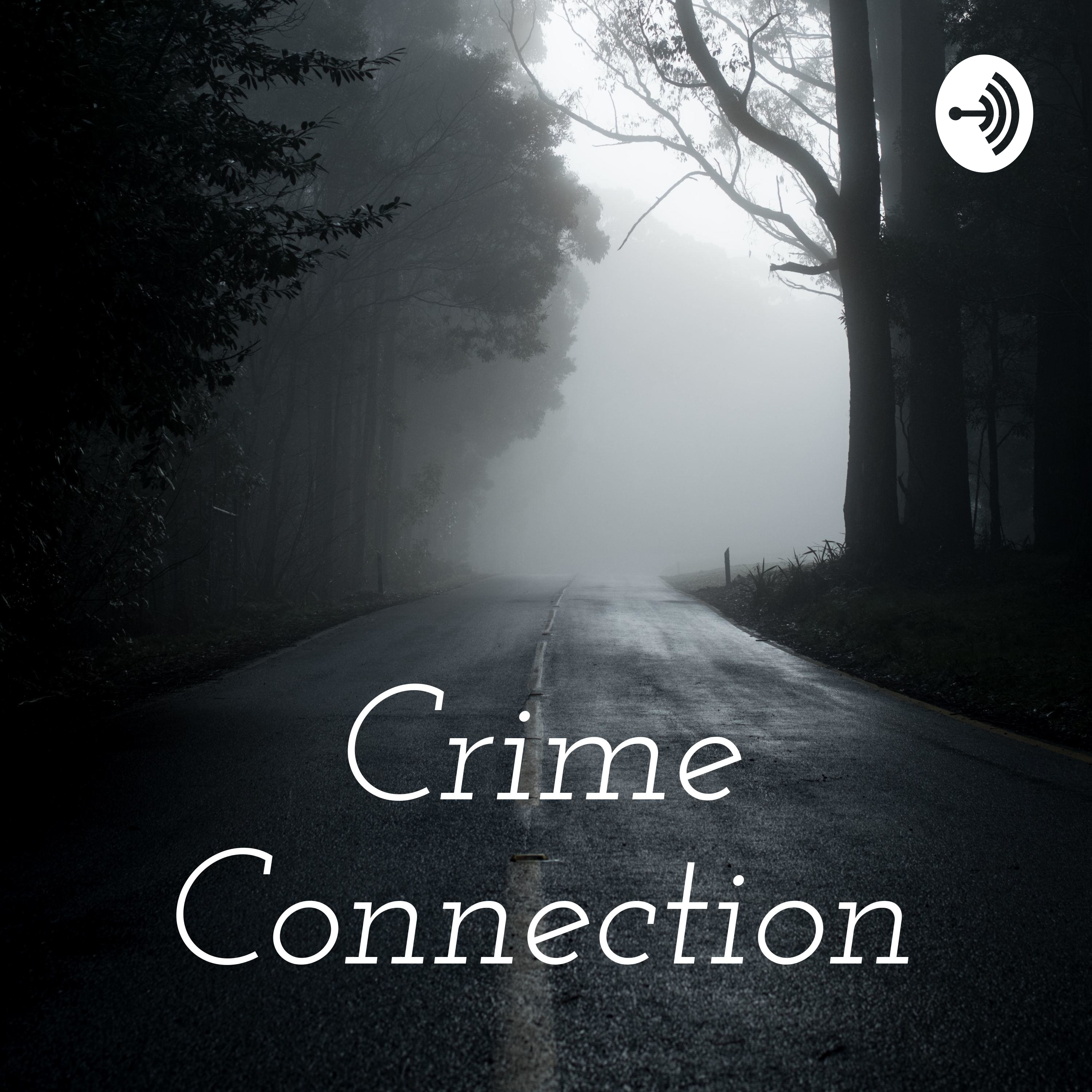 |
Cybermidnight Club Hackers, Cyber Security and Cyber CrimeAuthor: Alberto Daniel Hill
Cybermidnight Club Hackers, Cyber Security and Cyber Crime is a trailblazing podcast by Alberto Daniel Hill, an expert in cybersecurity and the first person in Uruguay to serve prison for a computer-related crime. A crime he isnt guilty of, perhaps one which never happened. Join Alberto as he dives deep into the world of hackers and cybersecurity in his riveting podcast. In this series, Alberto provides firsthand insights into the dark web and expert analysis of cybersecurity issues that are central to our present digital age. Language: en Genres: True Crime Contact email: Get it Feed URL: Get it iTunes ID: Get it Trailer: |
Listen Now...
Online Cruelty 05 - Sanctuary or storm
Thursday, 20 November, 2025
Online Cruelty 05 - Sanctuary or stormThe sources consist of excerpts from several audio recordings and supporting documents that primarily revolve around cybersecurity, technology ethics, and personal conflict within online communities, specifically the Cybermidnight Club. One major theme is the strategic use of unfiltered social audio for high-stakes discussions, such as one involving state corruption and a five-step blueprint for dismantling federal agencies, suggesting a need for validation and insulation from compromised local media. The audio also details complex, post-quantum security architecture designed for a system called the Nuda Nexus, involving concepts like "proof of resonance" and lattice-based algorithms, contrasting this with broader discussions about Artificial Intelligence's pervasive influence on society and the youth. Finally, a significant portion addresses the intense emotional and mental health toll of harassment and malicious trolling within the community, especially aimed at a host named Alberto Daniel Hill, whose public psychological profile is shaped by his past wrongful imprisonment and subsequent advocacy.https://x.com/ADanielHillhttps://cybermidnight.club/https://podcast.cybermidnight.club/#DigitalHarassment #PsychologicalRelapse #TwitterSpacesToxicity #AlbertoHill #CommunityBetrayal #OnlineAbuse #MentalHealthCrisis #CyberBullying #PostTraumaticStress #VulnerabilityExploited #IdentityAttack #GrockIncident #AntiPodcastHost #SelfSabotage #EmotionalCore #DigitalWarfare #OperationalSecurity #ToxicEnvironment #CybersecurityCommunity #ForcedWithdrawal












